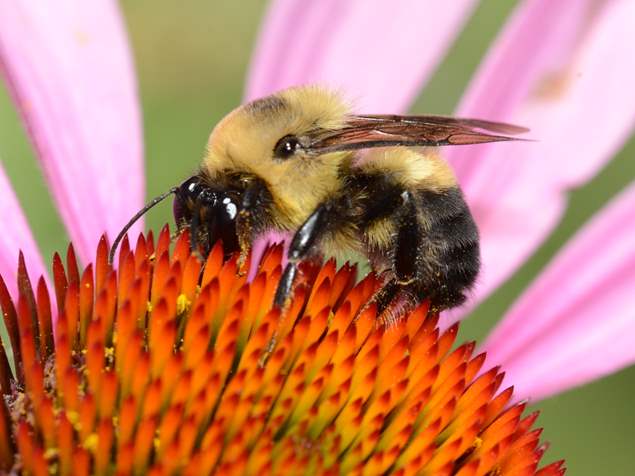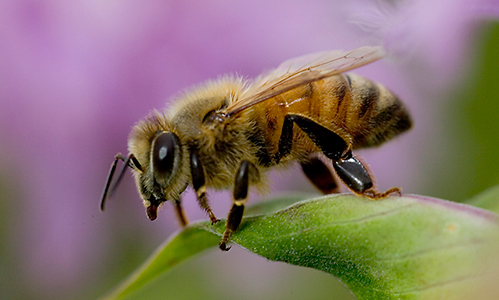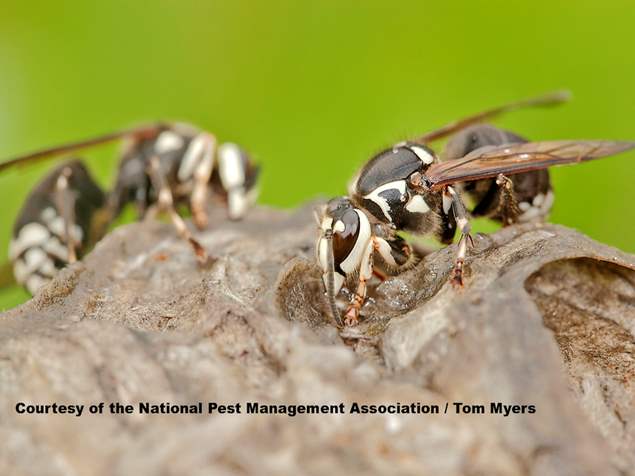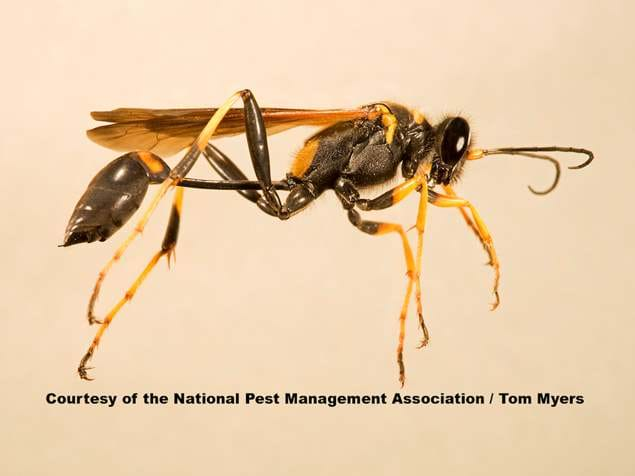Stinging insects, like bees and hornets, send more than 500,000 people to the emergency room each year. Such pests are especially active during the second half of the summer and early fall when the colonies forage for the food needed to sustain their queens through the winter.
In addition to mosquitoes, carpenter bees, ants, and yellow jackets, some of the stinging insects you may encounter in and around your home in north Georgia may include:

Bumble bees
While bumble bees are considered to be a beneficial insect because they pollinate crops and plants, they can also sting. Identified by their fuzzy, oval body, a disturbed bumble bee will buzz loudly. When defending their nests, bumble bees can act aggressively, though they are known to be quite docile as long as they remain undisturbed.

Honey Bees
Honey bees get their name from the honey they make from the nectar of flowers. As social insects found all over the world, they are extremely beneficial because of their role in pollination. In the US alone, honey bees are responsible for the pollination of over 100 crops. The most common honey bees in the US include the docile European honey bee and the much more aggressive Africanized honey bee.

Bald-Faced Hornets
A relative of the yellow jacket, the bald-faced hornet gets its name from its mostly black color and mostly white face. Its large size and aerial nests earned this insect the hornet in its name. Avoiding contact with these insects is the key to preventing stings.

Open Pipe Mud Daubers
Commonly found throughout the US, there are many species of wasps that are referred to as mud daubers. Mud, or dirt, dauber is a common name for a wasp that constructs its nest out of mud. Infestations of mud daubers is most easily indicated through the presence and state of their nests.
If you think you have a problem with stinging insects . . . or another pest. . . or simply have a question. . . call Faith Pest Control at 770-823-9202. We’ll be happy to speak with you any time.
Here’s to helping YOU live PEST FREE,
Erica
P.S. And be sure to ask about our FREE 58 Point Pest Analysis of your home or office!
